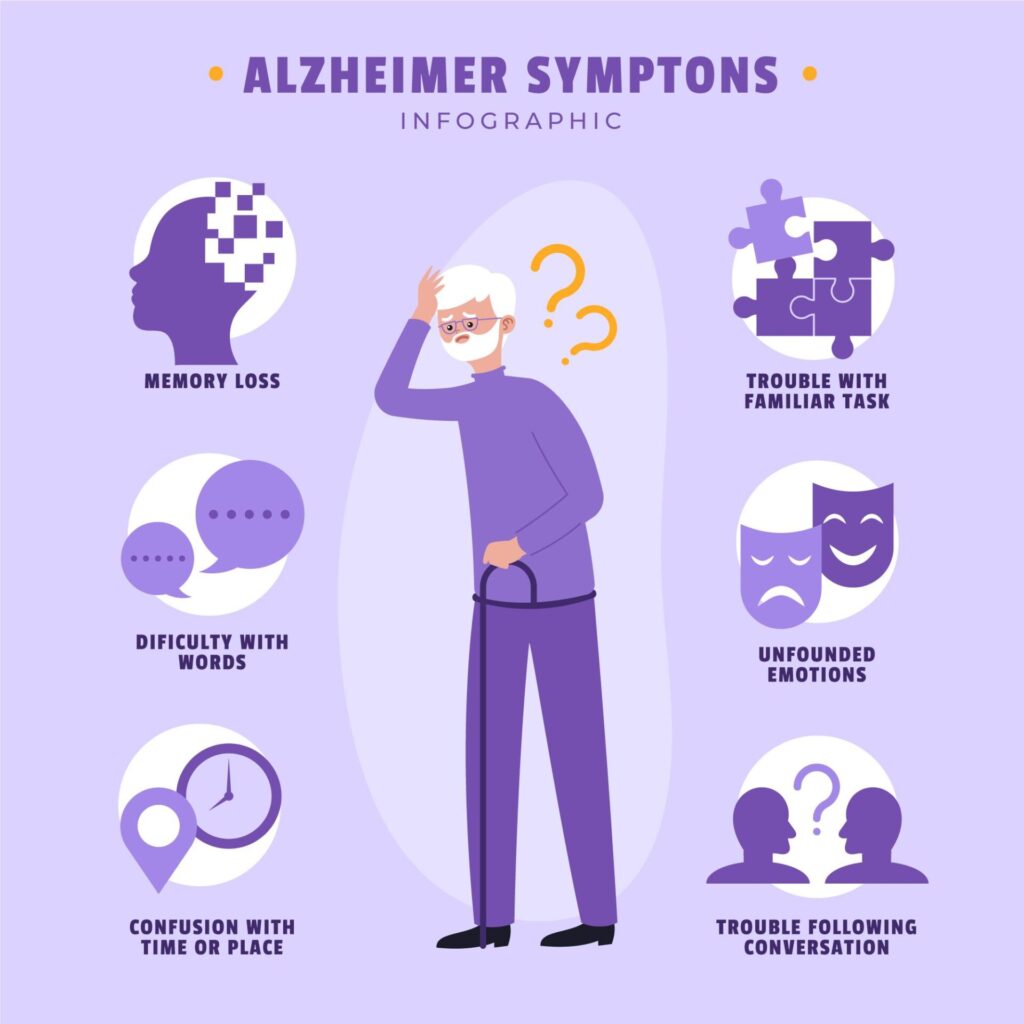Introduction
Alzheimer’s disorder is a progressive neurodegenerative disorder that by and large influences the elderly, main to memory loss, cognitive decline, and behavioral changes. Recently, researchers have started exploring the capacity courting between Alzheimer’s ailment and growth hormone. This article delves into the questions surrounding this connection, describing the problem, inspecting reasons and consequences, and exploring viable answers.
The Problem
Alzheimer’s disorder poses a tremendous assignment to healthcare structures global because of its developing occurrence and the lack of powerful treatments. Patients revel in a sluggish decline in cognitive features, impacting their potential to perform every day duties and decreasing their great of existence. The burden on caregivers and the economic impact are vast. Understanding factors that make a contribution to Alzheimer’s is essential in developing better treatments and preventive measures. One such thing beneath research is the function of increase hormone in the ailment’s development.
Causes and Effects
Growth hormone, produced by the pituitary gland, is essential for boom, metabolism, and cellular repair. As humans age, the stages of boom hormone evidently decline. This decline has been connected to numerous age-related situations, such as muscle loss, reduced bone density, and cognitive impairment.
Researchers are investigating whether decreased ranges of boom hormone may additionally contribute to the development or progression of Alzheimer’s disease. Studies have proven that growth hormone can have an impact on mind characteristic, which include neurogenesis (the formation of latest neurons) and synaptic plasticity (the ability of synapses to bolster or weaken through the years). A deficiency in increase hormone may want to probably impair those procedures, exacerbating cognitive decline in Alzheimer’s sufferers.

Possible Solutions
Addressing the potential link between Alzheimer’s and growth hormone deficiency could open new avenues for treatment. Some possible solutions include:
-
Growth Hormone Therapy: Administering growth hormone or growth hormone-releasing hormones (GHRH) to Alzheimer’s patients might help improve cognitive functions and slow disease progression. However, this approach requires careful consideration of potential side effects and long-term efficacy.
-
Lifestyle Interventions: Exercise and proper nutrition can naturally boost growth hormone levels. Encouraging a healthy lifestyle may help mitigate the decline in growth hormone and its associated effects on cognitive health.
-
Pharmacological Advances: Developing drugs that can stimulate the production of growth hormone or mimic its effects in the brain could provide targeted treatments for Alzheimer’s disease.
-
Early Detection and Monitoring: Regular monitoring of growth hormone levels in at-risk populations could help identify those who might benefit from early interventions, potentially delaying the onset or progression of Alzheimer’s disease.
Conclusion
The potential connection between Alzheimer’s disease and growth hormone presents a promising area of research that could lead to innovative treatments and preventive strategies. Understanding how growth hormone influences brain health and cognitive function is crucial for developing effective interventions. While growth hormone therapy and lifestyle changes offer potential solutions, ongoing research and clinical trials are necessary to determine the best approaches. Addressing the multifaceted nature of Alzheimer’s disease requires a comprehensive understanding of all contributing factors, including the role of growth hormone, to improve patient outcomes and reduce the disease’s impact on society.






